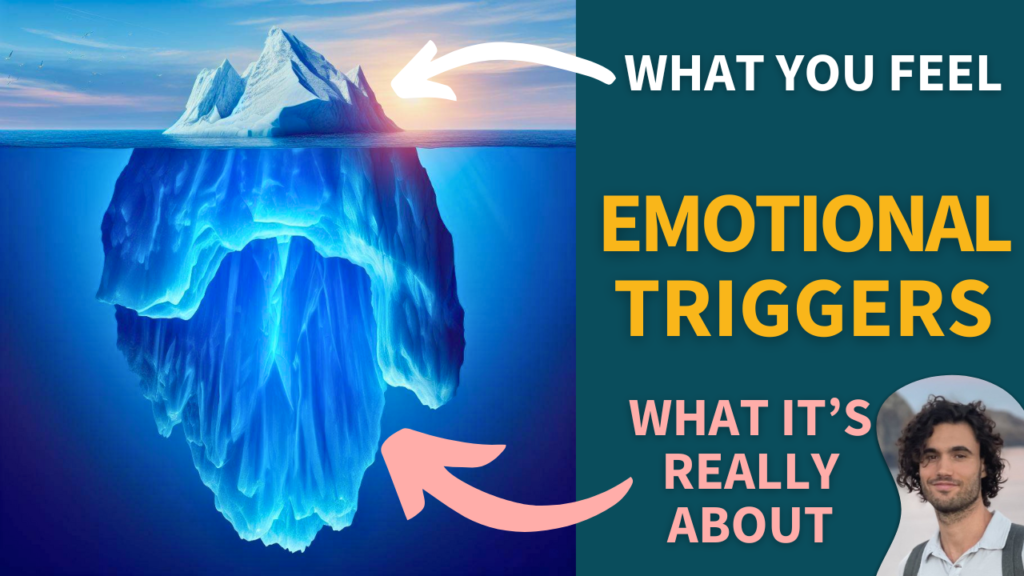
Understand Your Emotional Triggers: What Hides Beneath Them?
Ever get lost in circular arguments that never get anywhere good? Do you ever experience strong emotions that seem to come out of nowhere – but leave you completely overwhelmed and make you do and say things you later regret?
You’re not alone – that’s the experience of most of my students too. BUT, this can have serious impacts in all areas of your life – from your relationships, to work, to your personal well-being.
So, what’s the solution to this emotional rollercoaster? The key lies in understanding what causes our emotions – but not just on the surface! I’m talking about the real trigger behind our reactions… which most people are completely unaware of.
In this post, I’ll teach you how to go deeper underneath the surface and find out the real trigger behind your emotions… and the 3 ways that can improve your life.
What Triggers Our Emotions?
This idea came from my last coaching call with my students… when I asked them the trigger of recent emotional episodes they’d recently had, they all pointed to external events or situations.
This is the natural response. Our experience tells us that our emotional reactions are direct results of external stimuli. We feel something happens, and as a result, we experience an emotion.
But is the situation or event alone enough to trigger the emotion? Even though it may seem so, the truth is far from it. Mere events and situations don’t have the power to trigger an emotion in us by themselves. To truly understand our emotional triggers, we need to go deeper.
The Hidden Meanings We Assign
When I asked my students if that event or situation alone was enough to trigger the emotion, they all started explaining what that event had meant to them and how it affected something important to them.
They showed themselves how the real triggers behind their emotions are not just what happened, but what that meant to them and how they perceived it affected what they cared about.
This distinction is crucial—it changes the way you deal with your emotions forever. The real trigger lies not in the event itself, but in your interpretation of it: the meaning you assign to the event and the story your mind constructs around it.
Emotions are not just reactions to events. They are responses to the meanings we assign to these events. And behind those meanings is always something we care about, something that matters to us. This means that our individual values, needs, and desires are what fuel these meanings and interpretations.
It could be a goal, a desire such as for love and respect, a basic need like food, an ethical value, or mere survival. The point is that the narratives our minds weave around each event are always tied to something we care about. Remember: your emotions are always about something important to you.
This revelation is critical, and can indeed be life-changing. Let me show you how.
The Pitfalls of External Attribution
The biggest trap you can fall into is believing your emotions are about what they seem to be. Let’s illustrate this with an example: suppose you’re in a heated argument with your spouse. If you believe that your anger stems from something they said, this belief can harm you in three main ways:
- Disempowerment: By placing the responsibility of your emotions on an external entity, you lose your power to transform them. Your emotions become tethered to external causes, leaving you completely disempowered to change, at the mercy of life, and feeling helpless.
- Accusation: By blaming your anger on them, you are triggering their own anger (accusations, especially if perceived as false, are one of the most potent triggers for anger). This will escalate the argument like a snowball. Pointing fingers is inversely correlated with accountability.
- Misdirection: By focusing on the external trigger, you overlook the actual cause of your emotion—the value, need, or desire behind your emotion. Because of that, you will fail to address the real issue, leading to unconstructive conversations and circular arguments that go round and round but never resolve the issue.
The Power of Understanding Your Triggers
By delving deeper into what an event means to you and identifying the underlying value, need, or desire that feels threatened, you can reclaim your power, change your approach and, through that, choose a response that benefits you and the situation.
- Empowerment: By recognizing that your emotions stem from within, from an internal process of interpretation that is based on your own beliefs and belongs only to you, you regain the power to change and transform them. This requires you to be willing to assume responsibility for your emotions and be accountable, but it gives you a power to change that nothing and no one can steal.
- Constructive Communication: By expressing how the event affected you, how you interpreted it and why, you can hold healthier conversations. By talking about your own feelings and interpretations rather than pointing fingers, you’ll be opening space for vulnerability and paving the way to mutual understanding.
- Resolution: Awareness of the real causes behind your emotions allows you to address the core issue, which in turn enables you to find a real solution to your real problem. Instead of entering circular arguments, you communicate effectively and make aligned decisions, leading to a feeling of resolution and completion.
Let’s revisit the argument with your spouse. If you were to dig deeper, you might find that you felt disrespected or unloved by what they said. You assigned that event the meaning “they don’t care about me”. Going deeper, you might discover that this feeling stems from your desire to be loved and respected and to have a healthy relationship.
With this insight, you can address the conversation from this perspective, expressing your feelings and desires for respect and love and how much you value your relationship, rather than getting caught up in the specifics of the argument. This will completely transform the dynamic of the conversation, fostering cooperation through healthy communication, constructive solutions, and a deepening of the relationship.
Applying This Understanding in Your Life
Embracing this approach can revolutionize not just your conversations, but any situation in your life where you feel an emotion. You’ll always know what you truly want, avoiding getting lost in stories and situations. You’ll remain connected to your heart and aligned with your needs, and your values—which ultimately changes everything.
So, next time you experience a strong emotion —whether in the moment or retrospectively—ask yourself what the real trigger was. Look beyond the event to the story you created around it, what it meant to you, and the underlying values, needs, or desires you felt were affected. This deeper understanding will empower you to approach all situations from a wise and connected perspective, and your life will change in unimaginable ways.
Remember, knowledge without action is futile. So go out there, apply what you’ve learned, and see the transformation unfold in your life. I assure you, it will be life-changing.
With Love,
Filipe
P.S. There is one skill that you must develop if you want to become able to explore and understand the root causes of your emotions, and that is Emotional Awareness. I’ve put together a Free Emotional Awareness Guided Meditation + Workbook—you can access it here.
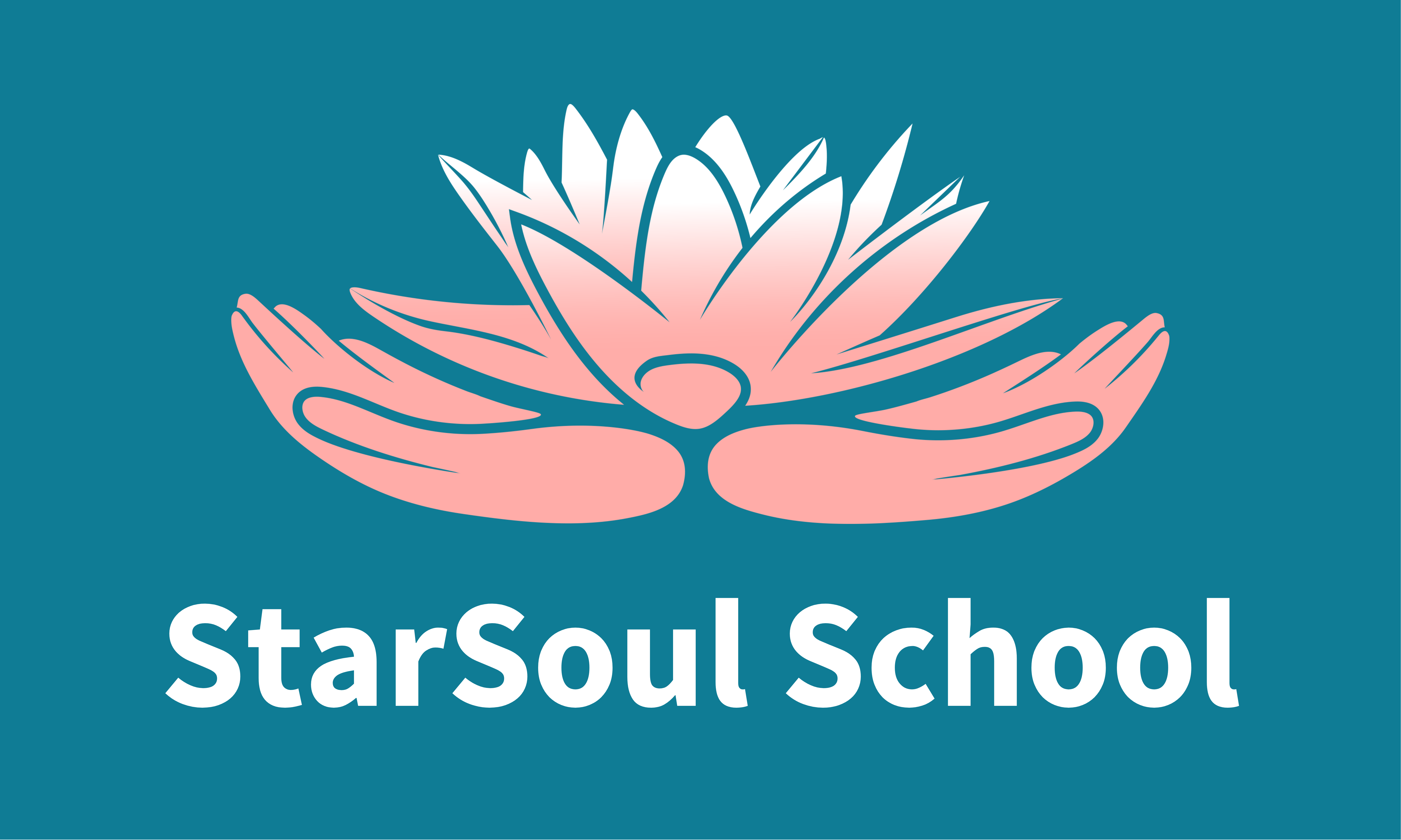





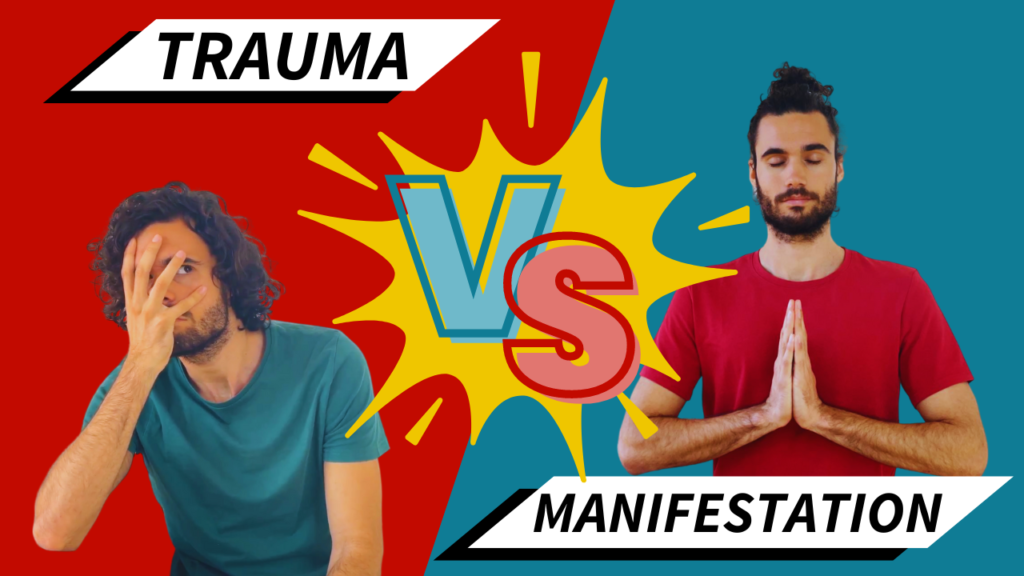
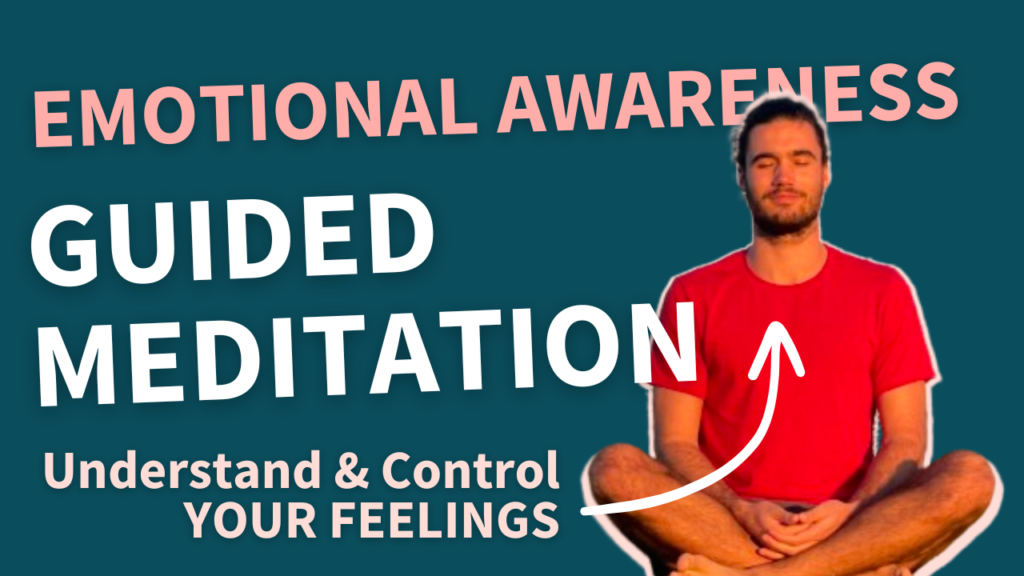
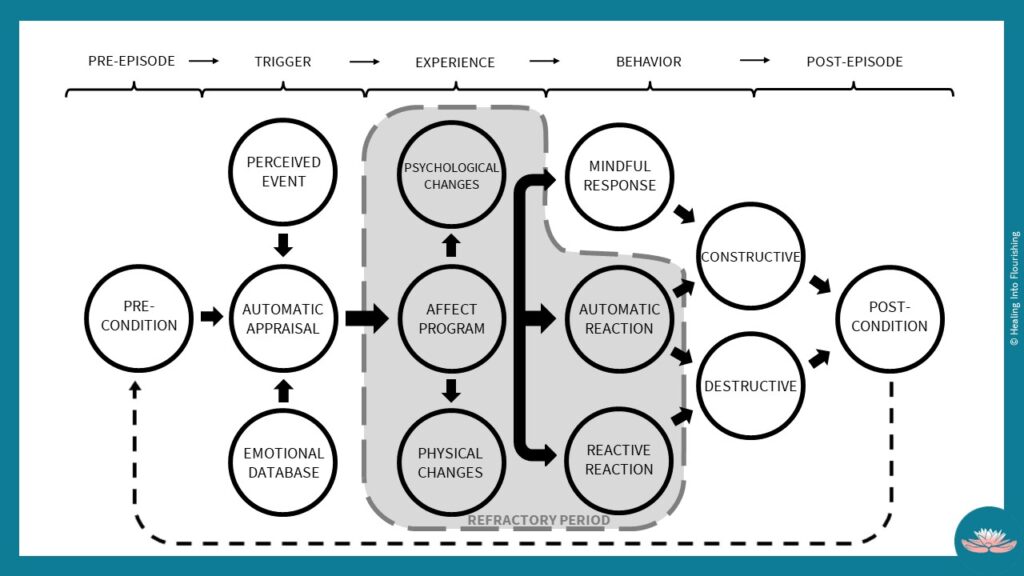
[…] 25 mg sildenafil […]